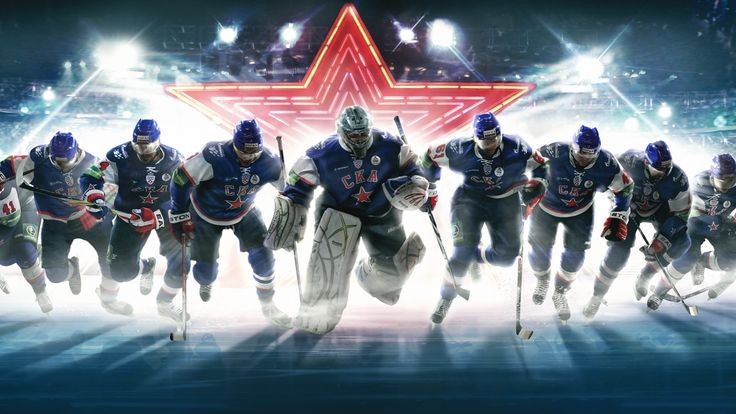A Century of Slapshots: Exploring the Enthralling History of the NHL

The National Hockey League (NHL), home to the fastest skaters and hardest slapshots in the world, boasts over a century of rich history. From its humble beginnings in Canadian ice rinks to its current status as a global sporting phenomenon, the NHL’s journey is as thrilling as a Stanley Cup overtime goal. Let’s lace up our skates and take a deep dive into the league’s evolution, iconic moments, and enduring legacy.
Origins on Frozen Ponds:
The tale starts in 1909, with the formation of the National Hockey Association (NHA) in Canada. This forerunner to the NHL featured seven teams battling for the prestigious Stanley Cup, then an interleague trophy. However, internal disputes led four NHA teams to break away in 1917, officially founding the NHL on November 26th. The Montreal Canadiens, Montreal Wanderers, Ottawa Senators, and Quebec Bulldogs marked the league’s inaugural season, with the Toronto Arenas joining soon after.
Early Expansion and the “Original Six”:
The NHL’s early years were characterized by steady growth. The Boston Bruins, the first American team, joined in 1924, paving the way for expansion into the United States. By the 1930s, ten teams competed across Canada and the Great Lakes region. However, financial struggles during the Great Depression led to a contraction, resulting in the iconic “Original Six” era from 1942 to 1967. This period saw intense rivalries and legendary players like Gordie Howe, Maurice Richard, and Bobby Hull captivating audiences.
Breaking the Mold: Expansion and Globalization:
The late 1960s witnessed a monumental shift with the NHL’s first major expansion. Six new teams, including the Philadelphia Flyers and Los Angeles Kings, joined the league, marking a turning point towards geographical and fan base diversification. The 1970s saw the arrival of the World Hockey Association (WHA), a short-lived but impactful rival league that introduced European players like Wayne Gretzky, who would later dominate the NHL. The merger of these leagues in 1979 further enriched the NHL’s talent pool and international appeal.
The Gretzky Era and Beyond:
The 1980s were synonymous with “The Great One,” Wayne Gretzky. Shattering countless records and revolutionizing the game with his offensive prowess, Gretzky cemented his place as one of hockey’s greatest legends. His era also saw the rise of international stars like Mario Lemieux and the emergence of powerhouse teams like the Edmonton Oilers and New York Islanders.
Modern Era: Continued Growth and Innovation:
The NHL continued to evolve in the 1990s and 2000s with further expansion, including teams in non-traditional hockey markets like Florida and Carolina. The salary cap, introduced in 2005, aimed for competitive balance, while rule changes fostered faster, more exciting gameplay. The 21st century also witnessed the rise of new stars like Sidney Crosby, Alexander Ovechkin, and Connor McDavid, each pushing the boundaries of the sport.
Beyond the Ice: Cultural Impact and Legacy
The NHL’s influence extends far beyond the rink. It is deeply embedded in the cultural fabric of Canada and the United States, generating passionate fan bases and inspiring countless children to take up the sport. From iconic movies like “Slap Shot” to video games like the NHL series, the league’s impact on popular culture is undeniable.
Looking Ahead: A Bright Future on the Ice
As the NHL enters its second century, its future looks bright. The league continues to expand internationally, with teams in Europe and Asia on the horizon. Technological advancements are enhancing the viewing experience, and initiatives like diversity and inclusion programs are making the game more accessible than ever. With its rich history, captivating action, and ever-evolving landscape, the NHL promises to continue enthralling hockey fans for generations to come.
This article provides a brief overview of the NHL’s history. Feel free to ask any specific questions you have about certain eras, players, or events!


